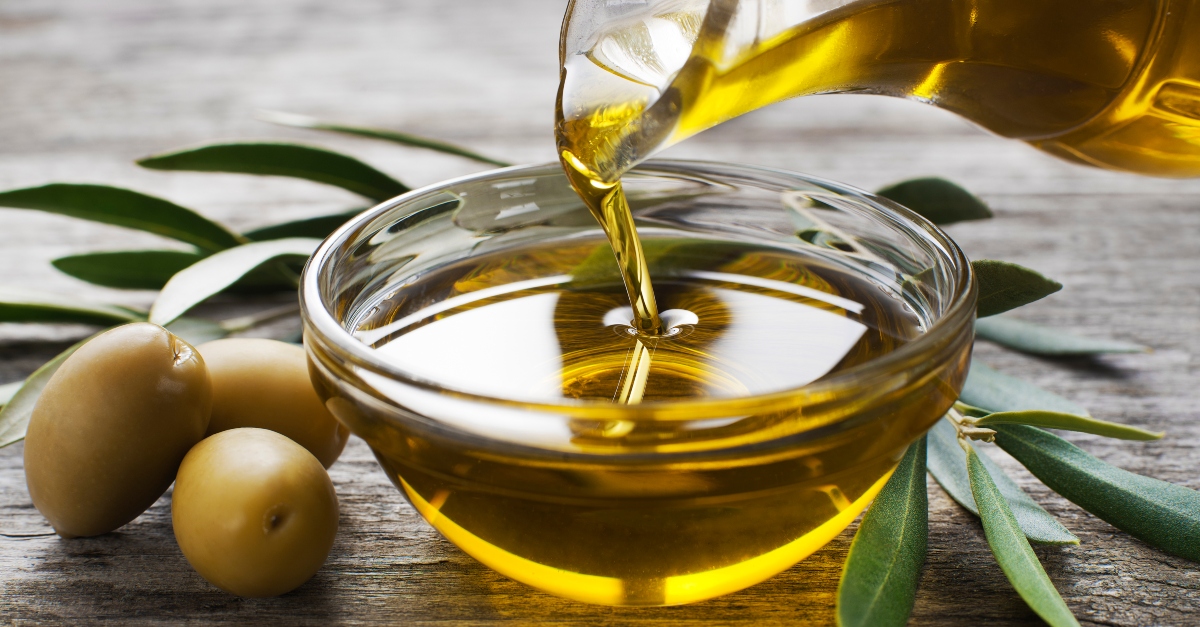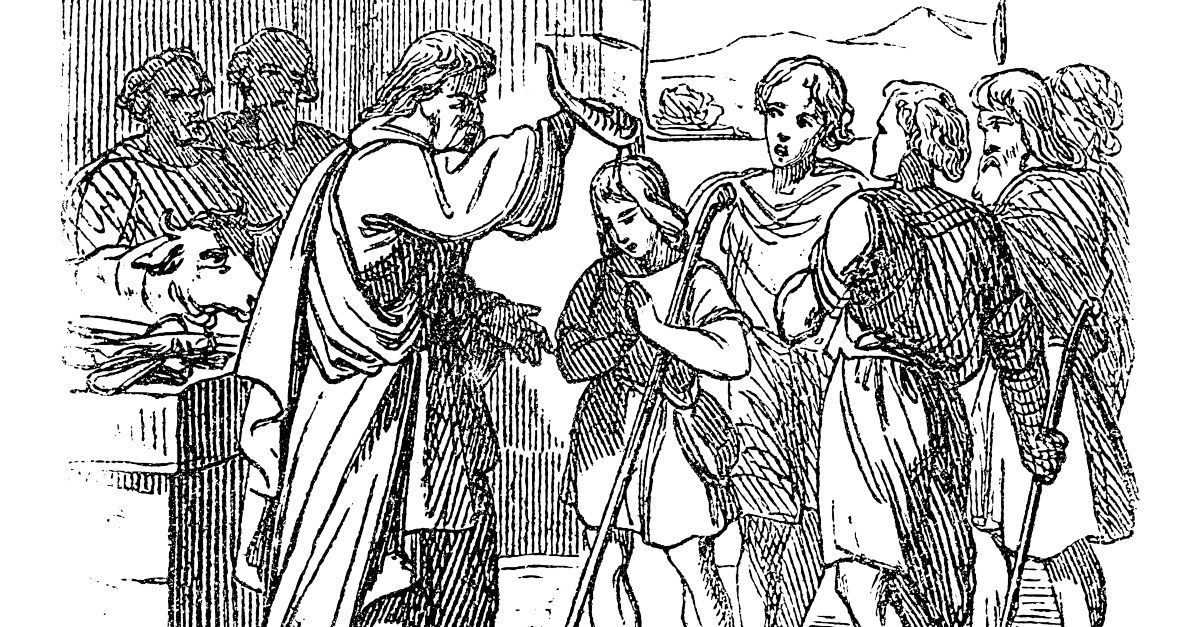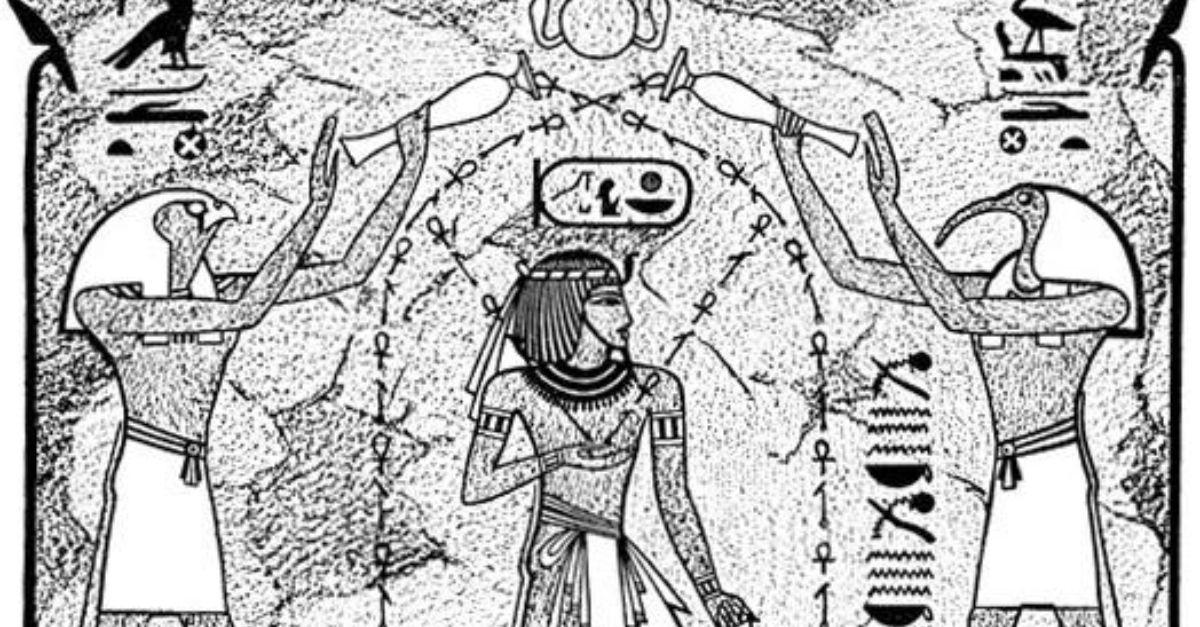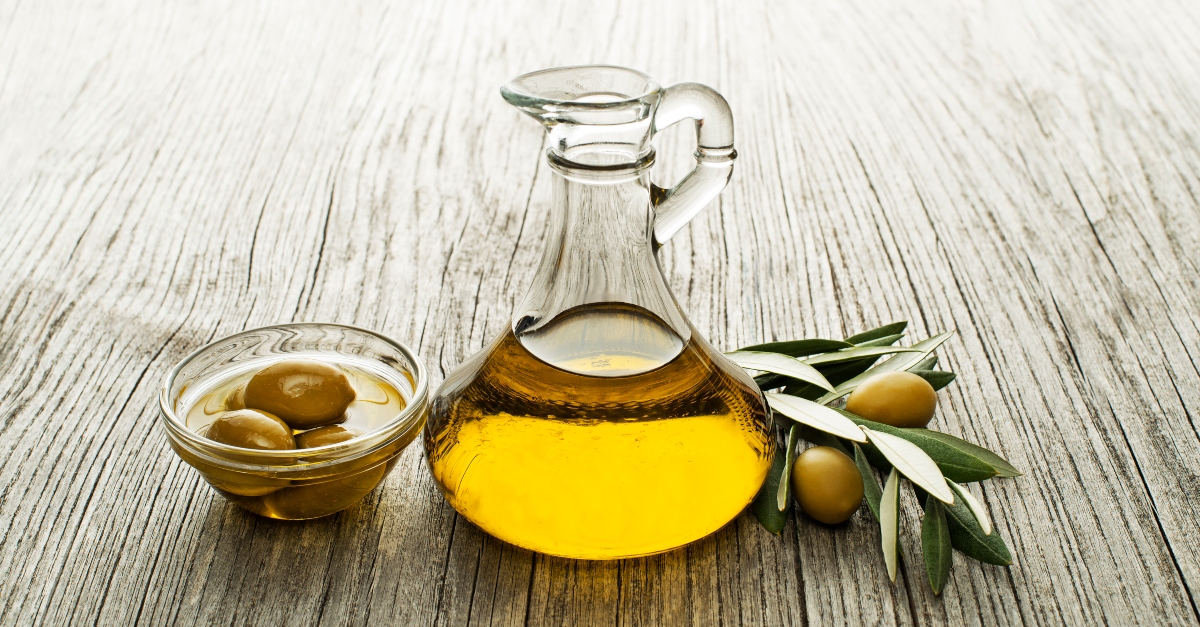
..............................................................................................................................................................
Anointing Oil
Hope Bolinger
Frequently,
especially in the Old Testament, we see anointing of oil as an important
practice in the Bible.
In fact, one of the most quoted chapters of Scripture,
Psalm 23, includes the phrase, “You anointed my head with oil.”
Often
certain symbolic elements in the Bible have become lost in our culture today,
because we no longer have the same customs or practices.
Why
does pouring oil over someone’s head have a symbolic importance in the Old
Testament?
Do
we see this practice in other ancient cultures? And why does this matter for us
today?
Oil
Symbolism in the Old Testament
It
seems, at first glance at the Old Testament, that olive oil (or anointing oil)
had predominantly a religious purpose.
Not
only would you pour oil on the head of a high priest, but also this “holy”
oil would sprinkle on furnishings in the Tabernacle (Exodus 25:6), a
transportable temple for God’s people, until they created a permanent place of
worship during the time of Solomon.
Olive
oil also was used during the beautification process in Esther 2:12.
Over
the span of several months, Esther, along with other eligible ladies, would
cleanse themselves with myrrh and oil for six months (and another six months
with perfume and cosmetics).
As
stated in this Bible Study Tools article, oil often signified prosperity,
blessings, and stability, opposed to other periods throughout Israel’s history
where the harvest was not bountiful and famine had swept the land (Joel 1:10).
Oil
had sanctifying (cleansing) properties. Whenever someone poured oil on someone
or something, they had set apart that object as a blessed object of the Lord.
Therefore,
this explains the reasons why those throughout the Old Testament would anoint
both people and inanimate objects (Genesis
28:18).
Israel
commonly practiced anointing the heads of kings. That is why when Samuel
chooses to anoint the lowliest of Jesse’s sons, young David (1 Samuel 16),
which would have surprised the family.
They didn’t think, “Oh, I guess he’s giving David’s
head a nice oil bath.”
They
would’ve understood the implications of Samuel’s actions. God had chosen the
next king of Israel, Jesse’s youngest son.
Oil
Symbolism in the New Testament
The
practice of anointing with oil transfers over to the New Testament.
Jesus
encourages his followers to anoint themselves with oil whenever they take up
the practice of fasting (Matthew 6:17).
And
to pour oil on the sick as part of the healing process (Mark 6:13).
The
practice of anointing with oil doesn’t appear to stretch much beyond the
Gospels, which makes some Christians wonder if believers should still use the
practice today.
Should
we still anoint with oil?
This
article gives compelling reasons for why a Christian can still use this
practice, but believers should keep in mind that not everyone holds this
viewpoint.
It’s
important to ask your pastors their particular position on this practice, read
the Scriptures concerning this practice, and exercise discernment.
No
matter what your position on the practice of anointing with oil is, be sure to
listen to those with opposing viewpoints with gentleness and respect.
Oil
Symbolism Throughout the Bible
We
should note that oil has symbolism beyond anointing in the Bible. The
Israelites used oil for several purposes in the Old and New Testament.
They
would’ve used oil to light lamps (Matthew
25), as a lotion for skin and hair, and
they recognized that it had medicinal properties.
We
should also note, as mentioned in the Biola article above, that oil symbolism
was linked to the Holy Spirit’s presence.
When
a person is anointed in the Bible, the Holy Spirit descends upon that person (see the 1 Samuel passage above.)
Therefore,
when Jesus is called “anointed” the Bible means by the Holy Spirit.
In
essence, when someone consecrates and sanctifies something with oil, they set
it apart for God’s use.
Other
uses of oil included anointing corpses and refreshing bodies, as explained here
by Bible History.
Anointing
in Other Cultures
One
cannot read Homer’s Iliad or Odyssey without finding the practice of anointing
the head of a guest with oil.
Typical
of Dark Age Greek culture (and the culture of the Mycenaean civilization that
preceded it), part of hospitality ensured giving guests a bath, anointing their
heads with oil, providing them with fresh clothes, a meal, and a place to stay
for the night.
The
Greek Dark Ages spanned from 1200-800 BC, around the time of David and other
kings of Israel.
The
information checks out with the practice of oil being used in the Old Testament
and by other nations.
But
what did anointing mean? Certainly it didn’t have as many religious
connotations, did it?
As
stated in this Christianity.com article, the Israelites seemed to use oil for
commonplace purposes, like other nations (Ruth
3:3).
We
can assume surrounding nations during Old Testament times used oil for its
cleansing and medicinal properties.
We
see the use of oil for commonplace and religious purposes in Ancient Egypt,
Australia, Arabia, Greece, and used throughout the Middle Ages, explained here
more by The Daily Drop.
Why
Does Anointing Matter Today?
Whether
we believe Christians should still practice the anointing of oil today, this
subject matters for a number of reasons.
God
used an important cultural symbol and practice to foreshadow the work of the
Holy Spirit.
Although
the Israelites consecrated priests and holy objects, setting them apart for
God’s work, that was only the beginning.
The
Holy Spirit consecrates saints; He anoints them. He sets us apart to do the
work of God.
We
can also see God’s provision at work through the multiple uses of oil.
In
the same way, we can picture how God can use us in multiple ways. Sometimes
He’ll ordain ordinary tasks such as our day-to-day tasks in the workplace.
In
other instances, He’ll give us spiritual gifts to use to encourage other
believers and present a light to unbelievers.
We
see the importance of oil through the word “anointed” and its associations with
Jesus.
Anointing
oil was used on priests and kings for important purposes. In the same way,
Jesus is our High Priest and our King.
This
practice used in Israel and throughout the Ancient World foreshadowed God’s
work through his Son.
Hope Bolinger is very good at avoiding her problems by joining a
billion clubs and sports such as tennis, choir, theatre, flag football, and
anything she can sign up for before her friends start to yell at her for
overcommitment. Oh, yeah. And she likes to write. A lot . . . including 400
publications and counting.
Hope also works as a literary agent for C.Y.L.E. She has lots of hopes (buh-dum tssh) and dreams for her characters and readers, mainly, that they have something to take away from every adventure. Granted, that something could be a headache . . . but at least she gave them something tangible.
Hope also works as a literary agent for C.Y.L.E. She has lots of hopes (buh-dum tssh) and dreams for her characters and readers, mainly, that they have something to take away from every adventure. Granted, that something could be a headache . . . but at least she gave them something tangible.




No comments:
Post a Comment